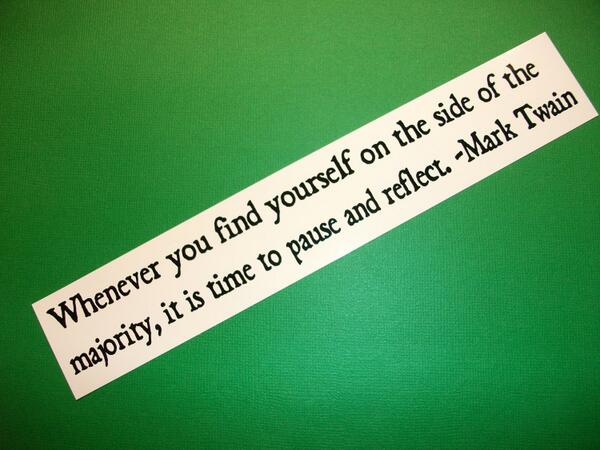http://mashable.com/2014/05/11/eminem-apologizes-to-mom-in-emotional-mothers-day-music-video/
Perusing my Twitter feed on Mothers’ Day, I came across this post, declaring that Mr. Mathers was apologizing to his mother, perhaps suggesting that he was taking it all back, that he was bad and she was right . . .
I read the headline out at home to my wife and kids, and my daughter immediately (we were all, as usual, wired into the matrix, ready to Google anything at a moment’s notice) looked up the song and after giving it a listen announced –
“Don’t worry. It’s not that apologetic.”
That was good enough for me.
My family loves Mr. Mathers, my sister was blown away by ‘Cleaning out my Closet’ when it came out, my family of origin are all into psychology and the subject of abuse, my sister especially is a great fan of Alice Miller, among others. In my kids’ family of origin, we all love him too, even when he recants, or especially when he recants, his obvious honesty and his obviously bruised feelings we find rare and endearing. Who else puts it all out there like that?
Don’t get me wrong, I’m up over fifty. It’s the words I love, the writing and the feelings. I wasn’t born to love hip-hop.
I took all that talk about psychology and abuse to heart. My wife and I raised raised our two girls without any punishment at all, and no censorship either. These kids were raised on Eminem and, when only listening to the white rapper got embarrassing (rather quickly), we added a bunch of Wu Tang and Snoop. These influences on my kids were probably second only to Matt Stone, Trey Parker, and Seth MacFarlane.
My kids are brilliant. Straight ‘A’s all the way, and we had almost none of the usual teen troubles. Well, they’re lazy and messy – but that’s the worst of it. Really, it is.
Of course, both my families have been on Marshall’s side in his battles with his mom. The idea that he recanted on that was very threatening indeed, to my whole philosophy, my whole life, but of course, this reversal is the same reversal so many parent’s go through. For so many of us, our parents were all wrong until we find ourselves doing the same things. For fans of Eminem, it should be no surprise, we know he’s been guilty of some of the very same things his parents were, of being away a lot, of being drug-dependent. His reversal should have been no surprise, but the surprise wasn’t the worst of it.
Hearing anyone recant on what our parents did wrong is always sad.
So many parents want to raise their kids without the hitting, without the punishments they suffered – and so many recant when they find out that they can’t have it all their way without the same old methods.
My advice is to not have it all your way, lose the fights. That is far better than winning by forceful or violent means. That’s what we did.
Did I mention my kids are brilliant?
I haven’t gotten around to watching “Headlights” yet, but my daughter took the sting out of it for me. If she says it’s not “that apologetic,” then it’s not. I trust her completely. My girls are smarter and less deluded than 99% of people generally, and certainly smarter and less deluded than anyone posting “parental apologist” stuff on the internet on Mother’s Day.
When my girls talk, when they make assessments, that’s about as good as it gets.
If they approve, I approve.
